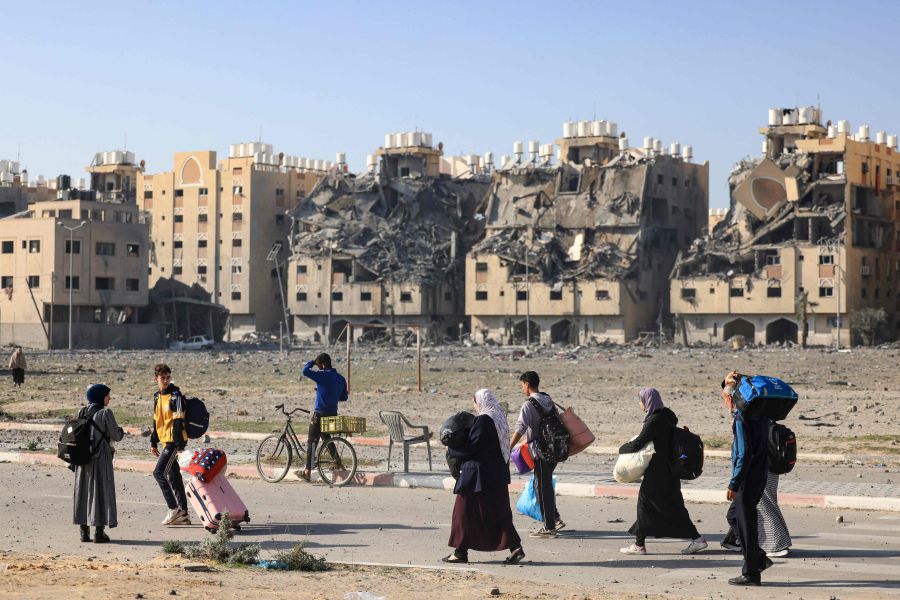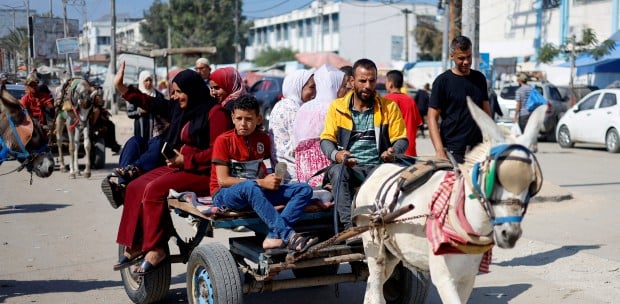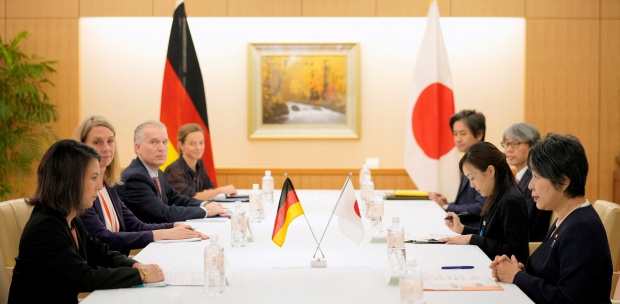KUALA LUMPUR: Achieving peace and stability in Gaza hinges on dismantling deep-rooted societal structures that perpetuate oppression, discrimination, suppression, deprivation and the rejection of mutual coexistence among diverse political groups in Palestine and other parts of the Middle East.
Universiti Malaya's Peace and Conflict Studies lecturer Dr Muhammad Danial Azman said attaining peace there required confronting injustice and scrutinising powerful political positions.
He highlighted the need to question assertions like Israel's claim of self-defence operations, which, he argued, often resulted in the victimisation of innocent lives.
"'Positive peace' also requires brave acknowledgement of Hamas, Fatah and other Palestinian political groups to focus on the greater moral consciousness of Palestinian state formation and prioritise every threat or military aggression from Israel," he said.
Israel resumed its aerial bombardment in the Gaza Strip on Friday after a week-long truce.
According to The Guardian newspaper, 184 people were reportedly killed and dozens wounded since the resumption of the Palestine-Israel conflict.
Despite international pressure from countries, including Malaysia, Israel remains resolute in its stance — that it will not cease its actions until Hamas is eliminated.
Muhammad said it was unrealistic to believe that the ceasefire would lead to positive peace, asserting it to be a tactic employed by Israel to enhance its military mobilisation.
He said that the end of the ceasefire does not mean that Hamas would be at a disadvantage and Israel would have complete control over northern Gaza.
He added that despite official announcements being made by Hamas and Israel, no one truly knew the actual number of remaining prisoners held by both sides and the precise number of weapons being resupplied to them by their allies, which feeds into another cycle of war.
"The mobilisation of hostages during the ceasefire period was a valuable bargaining chip and had created an illusion of peace for external observers.
"Thus, a deadlock or mutual hurting stalemate between Israel and Hamas can motivate external alignments of foreign support, weapon supplies, and continuation of conflicts involving other actors," he said, adding that the unsymmetrical war between Hamas and Israel could not be isolated from the geopolitics of the Middle East and the normalisation of violence among their allies.
He argued against assuming Hamas was losing based on the number of Israeli hostages it currently held.
Instead, he stressed the need to consider Hamas' strategic capabilities in increasing military costs for future Israeli ground incursions and its ability to generate more public pressure for the resignation of Israeli president Benjamin Netanyahu.





